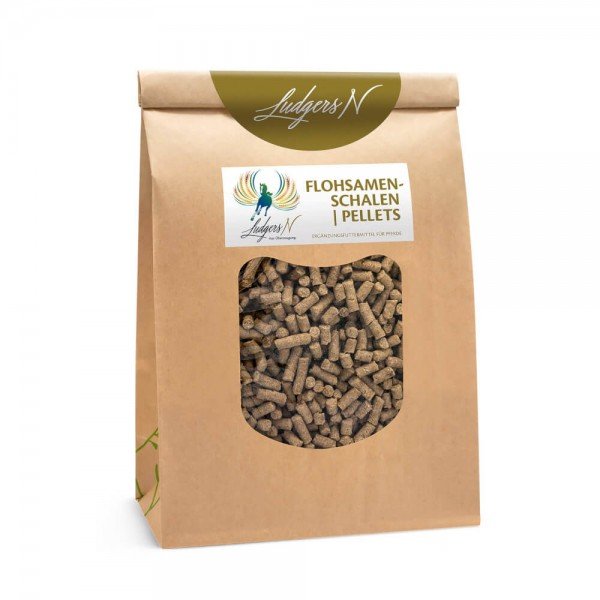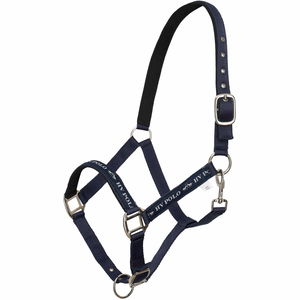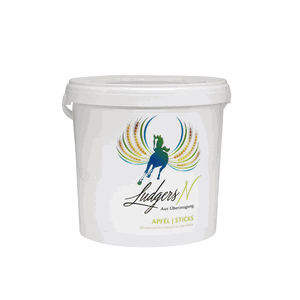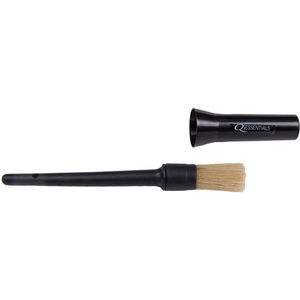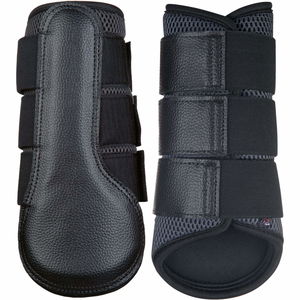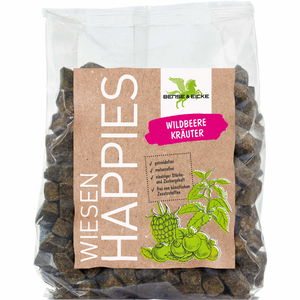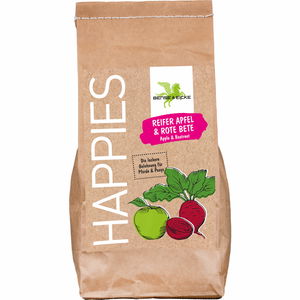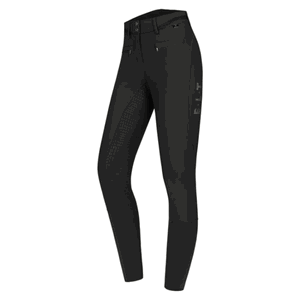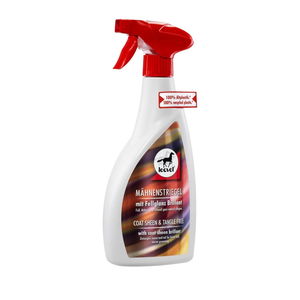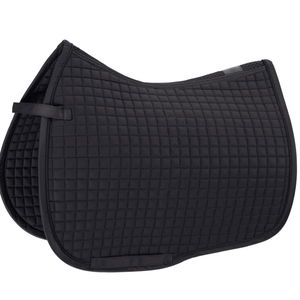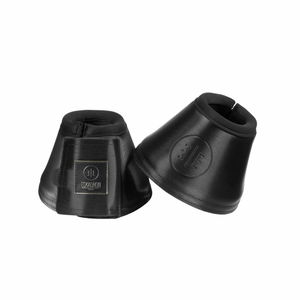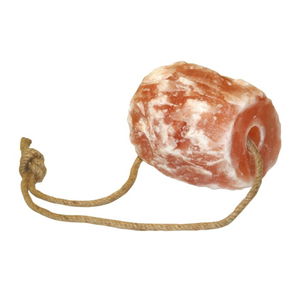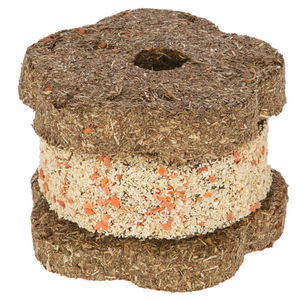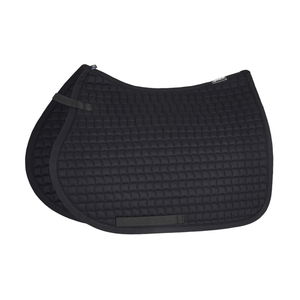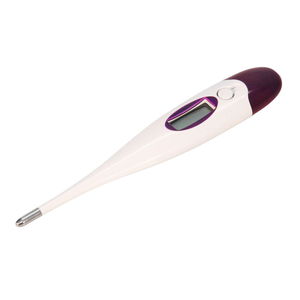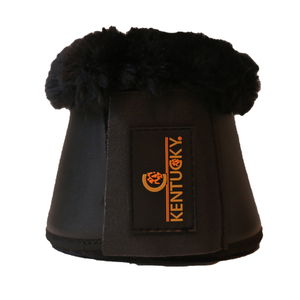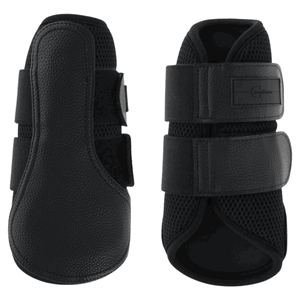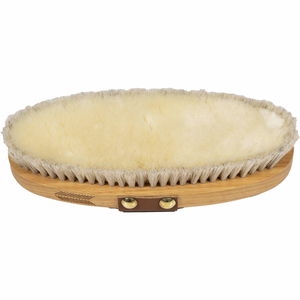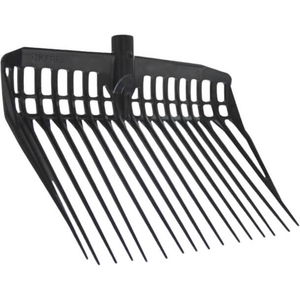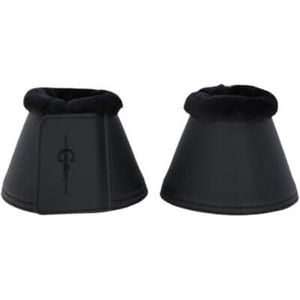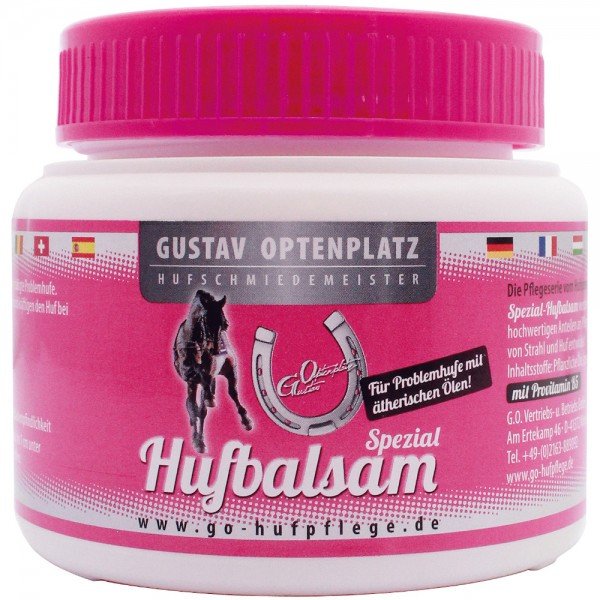- Goodie Special
- Collections
- New
- Rider
- Horse
- Stable, Care & Feed
- Dog
- SALE %
- Brands
- Gifts
To harmonize perfectly when riding, not only rider and rider should be top equipped. Your four-legged friend also needs the best possible horse accessories, the ideal equipment for well-being, health and optimal performance.
Ludgers psyllium husks pellets
The combination of cellulose and psyllium husks contained in Ludger's N Psyllium Husk Pellets forms a thick gel on contact with water in the intestine. This gel binds deposited sediment and excess water and excretes it with the faeces. Furthermore, the mucilage of the psyllium husks facilitates the transport of the feed through the digestive tract. Linseed reduces the risk of constipation and colic. The natural apple pomace contained in the pellets contains pectins, which have a prebiotic effect on the intestinal flora. Latest findings show that psyllium husks have a regulating effect on the blood sugar level. This has a positive influence on horses with insulin resistance and laminitis. Cellulose also binds water and ensures a better consistency of excrement and supports natural intestinal peristalsis.
Application Flea seed husks Pellets :
- for horses with diarrhoea or faeces water, caused by increased sand absorption
- preventative to reduce sand deposits in the intestine
- to stimulate intestinal activity to prevent constipation
- for the follow-up care of sand colic patients with digestive disorders due
- to toxin contaminated feed/water
- for the regulation of the blood sugar level
Composition
- Psyllium husks
- Pinacea powder
- apple pomace
- Dextrose
Analytical Components
- Dry substance 88.3 %
- Crude protein 3.8 %
- raw fiber 13.2 %
- raw fat 1.7 %
- Raw ash 2.2 %
- Sodium 0.1 %
Feeding recommendation
Ludger's N psyllium husks pellets should be administered as a cure or permanently for year-round problems. The pellets can be fed pure or with the concentrate. It is recommended to divide the daily dose between all meals. The horse should be given free access to water.
- 5 - 10 g/ 100 kg body weight
Price incl. VAT
Free delivery from £249 • Duty Paid at No Extra Costs • 30 Days Free Return Policy

